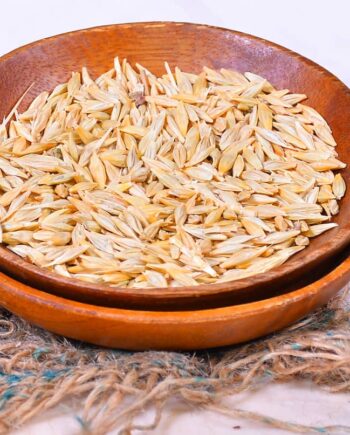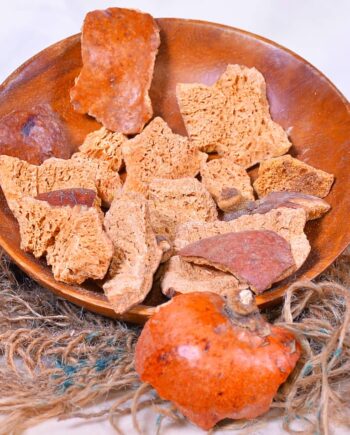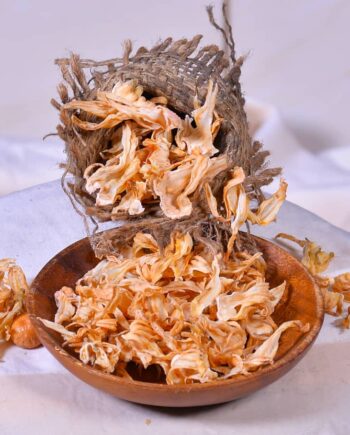Description
What Is Sesame Seed?
Sesame seed is the seed of the sesame plant (Sesamum indicium). The plant is an annual herb with foxglove-like flowers that produce pods containing the edible sesame seeds. The pods burst open with a pop when the seeds are mature. The hulls are removed as they contain oxalic acid, which gives a bitter flavor. The seeds can also be pressed for sesame oil. Besides use as a condiment, in Asia, the toasted seeds are used to make sesame paste, which is often used as a
Sesame seeds are tiny, oil-rich seeds that grow in pods on the Sesamum indicium plant.
unhauled seeds have the outer, edible husk intact, while hulled seeds come without the husk.
The hull gives the seeds a golden-brown hue. Hulled seeds have an off-white color but turn brown when roasted. Sesame seed is the seed of the sesame plant (Sesamum indicium). The plant is an annual herb with foxglove-like flowers that produce pods containing the edible sesame seeds. The pods burst open with a pop when the seeds are mature. The hulls are removed as they contain oxalic acid, which gives a bitter flavor. Sesame seeds are an excellent source of copper, a particularly good source of manganese, and a good source of calcium, the seeds can also be pressed for sesame oil. Besides use as a condiment, the toasted seeds are used to make sesame paste, which is often used as a peanut butter substitute. In Middle Eastern and Asian cuisine, the untoasted seeds are used to make tahini paste. Hulled sesame seeds are a necessity for home cooks. All-natural and raw, the hull is removed from these sesame seeds for a uniform look and texture. Use them to make homemade tahini paste or sprinkle them over breads and baked goods. Hulled sesame seeds make enticing garnishes for stir-fries and salads.
Nutritional fact
Sesame seeds are an excellent source of copper, a particularly good source of manganese, and a good source of calcium, phosphorus, magnesium, iron, zinc, molybdenum, vitamin B1, selenium and dietary fiber. Sesame seeds are loaded with minerals that are incredibly important for our bodies. Sesame seeds are great sources of magnesium, calcium, iron, zinc, molybdenum, and selenium! Copper has been shown to help relieve inflammatory diseases such as arthritis. Other minerals found in sesame seeds such as magnesium, calcium, and zinc have been shown to help with colon cancer, prevent migraines, reduce PMS symptoms, reduce bone loss, support general bone health, support respiratory health, support heart health and reduce cholesterol levels!
Sesame seeds have many potential health benefits and have been used in folk medicine for thousands of years. They may protect against heart disease, diabetes, and arthritis
Sesame should be packed in containers that allow the seeds to breathe, such as jute. Packaging should be clean, dry, sturdy, and free from extraneous odors and odor. It should be stored in well-ventilated and dry stores that do not allow direct sunlight, moisture and pollution sources to be transferred.
come in different colors. Each type has different oil content:
⦁ White sesame seeds
⦁ Red sesame seeds
⦁ Mixed sesame seeds
All these types are mainly found in two forms:
⦁ Natural Sesame
⦁ Hulled Sesame







Reviews
There are no reviews yet.